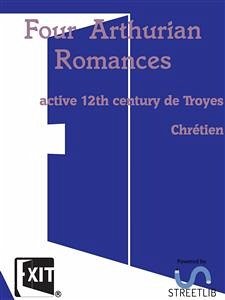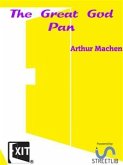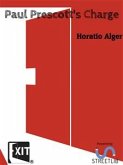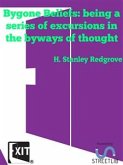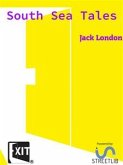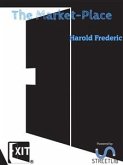INTRODUCTION
Chretien De Troyes has had the peculiar fortune of becoming the best known of the old French poets to students of mediaeval literature, and of remaining practically unknown to any one else. The acquaintance of students with the work of Chretien has been made possible in academic circles by the admirable critical editions of his romances undertaken and carried to completion during the past thirty years by Professor Wendelin Foerster of Bonn. At the same time the want of public familiarity with Chretien's work is due to the almost complete lack of translations of his romances into the modern tongues. The man who, so far as we know, first recounted the romantic adventures of Arthur's knights, Gawain. Yvain, Erec, Lancelot, and Perceval, has been forgotten; whereas posterity has been kinder to his debtors, Wolfram yon Eschenbach, Malory, Lord Tennyson, and Richard Wagner. The present volume has grown out of the desire to place these romances of adventure before the reader of English in a prose version based directly upon the oldest form in which they exist.
Such extravagant claims for Chretien's art have been made in some quarters that one feels disinclined to give them even an echo here. The modem reader may form his own estimate of the poet's art, and that estimate will probably not be high. Monotony, lack of proportion, vain repetitions, insufficient motivation, wearisome subtleties, and threatened, if not actual, indelicacy are among the most salient defects which will arrest, and mayhap confound, the reader unfamiliar with mediaeval literary craft. No greater service can be performed by an editor in such a case than to prepare the reader to overlook these common faults, and to set before him the literary significance of this twelfth-century poet.
Chretien De Troyes has had the peculiar fortune of becoming the best known of the old French poets to students of mediaeval literature, and of remaining practically unknown to any one else. The acquaintance of students with the work of Chretien has been made possible in academic circles by the admirable critical editions of his romances undertaken and carried to completion during the past thirty years by Professor Wendelin Foerster of Bonn. At the same time the want of public familiarity with Chretien's work is due to the almost complete lack of translations of his romances into the modern tongues. The man who, so far as we know, first recounted the romantic adventures of Arthur's knights, Gawain. Yvain, Erec, Lancelot, and Perceval, has been forgotten; whereas posterity has been kinder to his debtors, Wolfram yon Eschenbach, Malory, Lord Tennyson, and Richard Wagner. The present volume has grown out of the desire to place these romances of adventure before the reader of English in a prose version based directly upon the oldest form in which they exist.
Such extravagant claims for Chretien's art have been made in some quarters that one feels disinclined to give them even an echo here. The modem reader may form his own estimate of the poet's art, and that estimate will probably not be high. Monotony, lack of proportion, vain repetitions, insufficient motivation, wearisome subtleties, and threatened, if not actual, indelicacy are among the most salient defects which will arrest, and mayhap confound, the reader unfamiliar with mediaeval literary craft. No greater service can be performed by an editor in such a case than to prepare the reader to overlook these common faults, and to set before him the literary significance of this twelfth-century poet.

